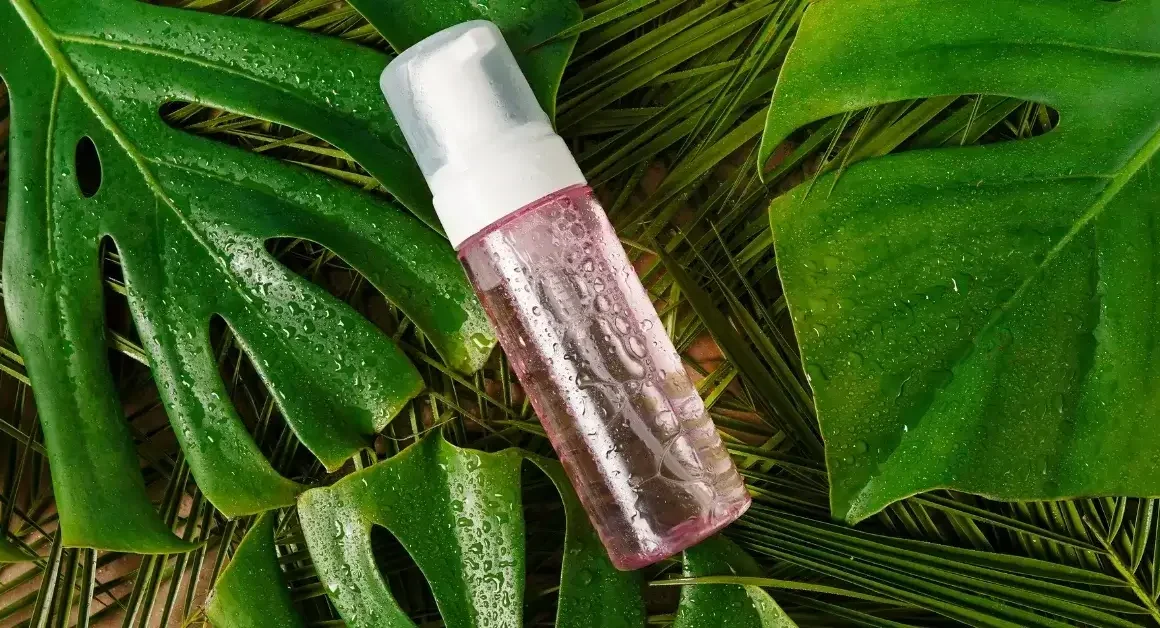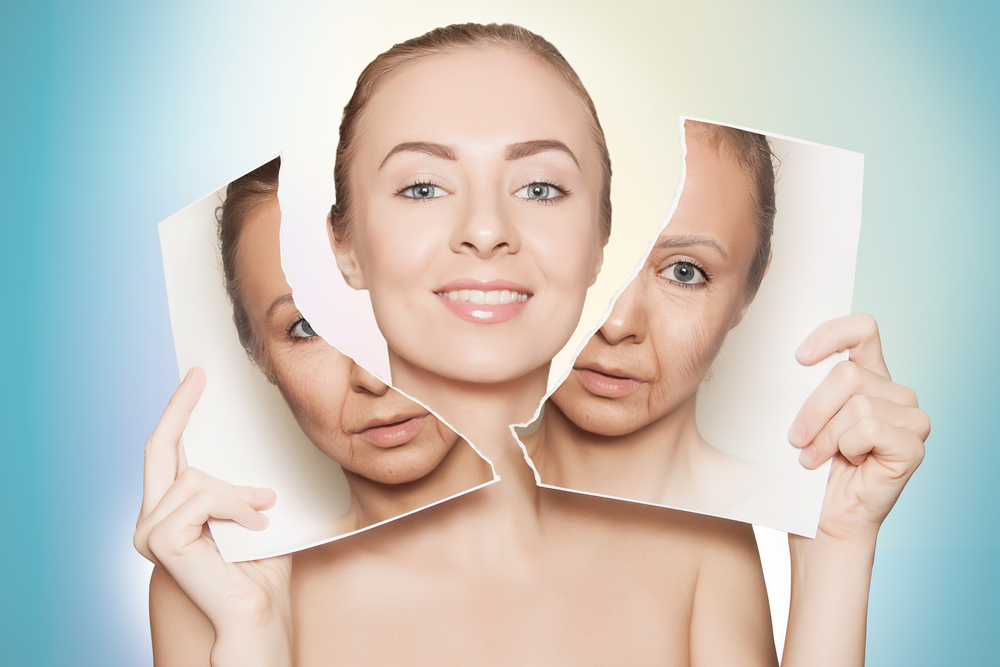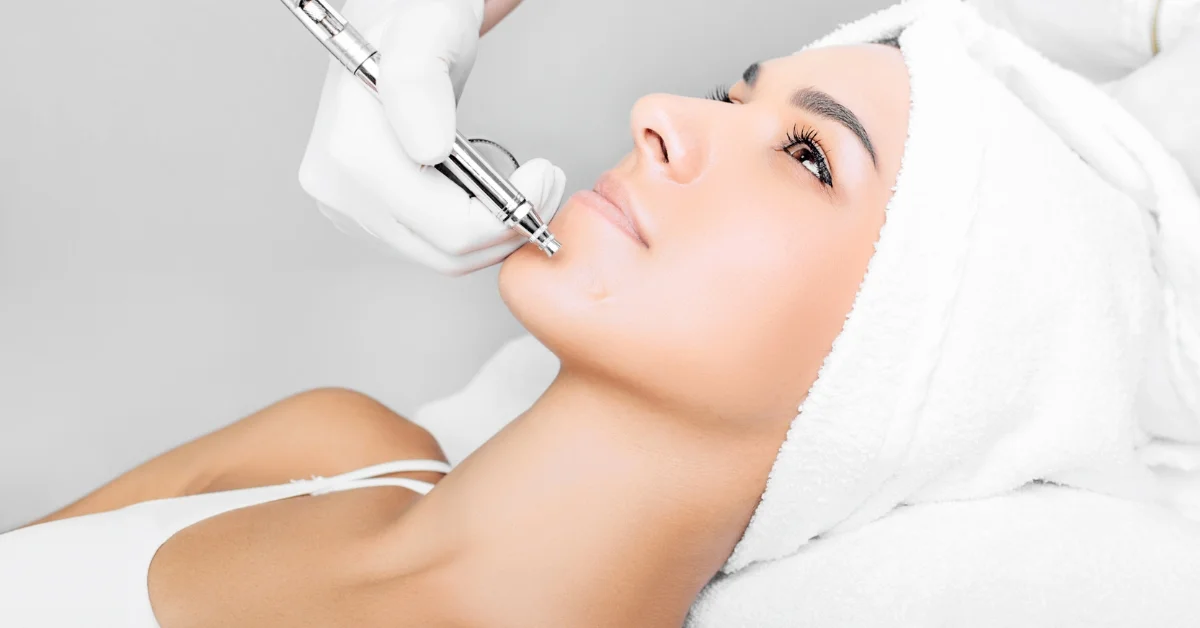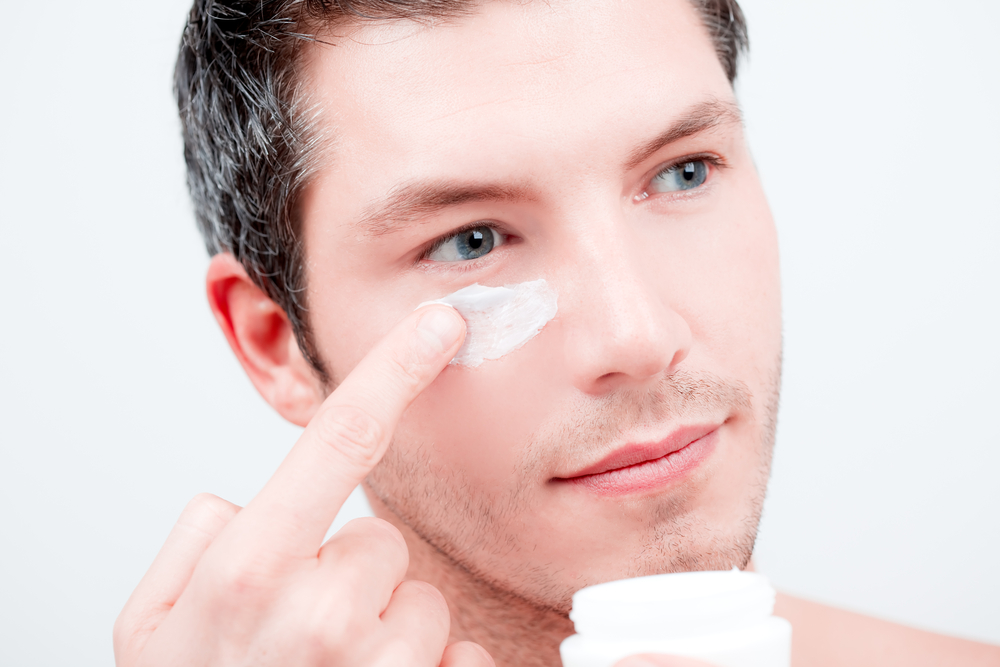Discover the Truth: Is Micellar Water Effective Against Blackheads? In a world where clear skin is highly desired, many turn to micellar water as a potential solution. But does this popular skincare product really stand up to the challenge of eliminating blackheads? Let’s delve into the science and stories behind micellar water to uncover its true effectiveness.
The Science Behind Micellar Water
Micellar water, a staple in French skincare routines, has gained global recognition for its gentle yet effective cleansing properties. But what exactly makes it so special? The key lies in its composition: tiny micelles, or oil molecules, suspended in soft water. These micelles act like magnets, attracting dirt, oil, and makeup without harsh scrubbing.
But when it comes to blackheads, the question arises: can these micelles effectively unclog pores? Studies suggest that while less aggressive cleansers like micellar water efficiently remove surface debris and help preserve the integrity of the skin barrier, their impact on deeper, stubborn blackheads is limited. For those, a more targeted treatment might be necessary.
However, it’s not all about deep cleansing. Preventing blackheads often starts with maintaining a clean skin surface. Here, micellar water shines, offering a gentle solution for daily cleansing, thus reducing the likelihood of pores becoming clogged in the first place.
Interestingly, anecdotal evidence from users worldwide suggests varying results. Some swear by its effectiveness against blackheads, while others find it more suitable for general skincare maintenance.
User Experiences and Dermatological Insights
Delving into personal stories, many users have found micellar water to be a game-changer. For instance, Emily, a 28-year-old graphic designer, noticed a significant reduction in her blackheads after incorporating micellar water into her daily routine. “It’s like a magnet for impurities,” she says.
On the other hand, dermatologists offer a more nuanced view. While acknowledging its cleansing benefits, they caution that micellar water alone might not be sufficient for severe blackhead issues. Dr. Smith, a renowned dermatologist, recommends combining it with other treatments like salicylic acid for optimal results.
It’s also worth noting that skin type plays a crucial role. Those with oily skin might find micellar water particularly beneficial, as it helps balance oil production without over-drying the skin.
Moreover, the ease of use and gentle nature of micellar water make it a favorite among those with sensitive skin. Unlike harsher treatments, it doesn’t irritate or inflame the skin, which can exacerbate blackhead problems.
Choosing the Right Micellar Water
Not all micellar waters are created equal. When selecting a product, it’s crucial to consider your skin type and specific concerns for achieving optimal results. With many options on the market, the challenge lies in determining the most suitable variant for your skin needs. How do you choose the right micellar water?
Skin Type
Before using the micellar water, you must understand your skin type. Whether you have sensitive, oily, or dry skin, micellar waters are designed to cater to specific needs.
Ingredients
Though micellar waters may seem similar at first glance, their compositions can differ significantly. It’s essential to check the ingredients. Seek formulations with gentle and non-irritating components like glycerin, chamomile, or aloe vera. These ingredients contribute to a soothing effect, providing hydration to the skin while ensuring a gentle cleansing experience.
Specific Skin Concerns
Consider any particular skin issues you might be dealing with, like acne-prone skin, uneven skin tone, signs of aging, or certain skin conditions like rosacea. Certain micellar waters are designed specifically to tackle these concerns.
Therefore, choose micellar waters with effective pore-cleansing ingredients, such as salicylic acid, known for its ability to penetrate pores, exfoliate the skin, and prevent blackhead formation. Opt for a non-comedogenic formula to reduce the likelihood of pore blockage and blackhead development.
Avoid micellar waters that might contain alcohol, sulfates, or artificial fragrances since they can irritate if you have sensitive skin and exacerbate breakouts and blackheads.
Skin Sensitivity and Allergies
Like any other skincare product, it is best to test the micellar water on a small area of your skin before using it on your entire face. Doing so can help determine if your skin reacts negatively to any ingredients.
Brand Reputation and Reviews
Don’t forget to research the brand’s reputation and read product reviews. Doing that can provide insights into the effectiveness of the micellar water and how well it performs for different skin types.
Personal Preferences
Think about your personal preferences, such as whether you prefer a micellar water that requires rinsing or one that doesn’t. Some micellar waters are formulated to be no-rinse, making them convenient for on-the-go use.
Furthermore, it’s essential to consider the environmental impact. Opt for brands that prioritize sustainability, using eco-friendly packaging and ethically sourced ingredients. This way, you’re not only caring for your skin but also for the planet.
Integrating Micellar Water into Your Skincare Routine
For best results, incorporate micellar water into your daily skincare regimen. Use it as a first step in the morning to remove any oils accumulated overnight and as a gentle cleanser in the evening to take off the day’s grime and makeup.
For everyday makeup removal, a standard micellar water is typically sufficient. Ensure it effectively removes your makeup without excessive rubbing or irritation. If you frequently wear waterproof or long-wearing makeup, choose micellar water specifically designed to remove these types of products. These formulas often contain more powerful cleansing agents.
You can use micellar water even if you don’t wear makeup. Combining it with other skincare products can enhance its benefits. After cleansing, follow up with a toner, moisturizer, and sunscreen during the day. This comprehensive approach ensures your skin is not only clean but also well-hydrated and protected.
However, remember that skincare is highly individual. What works for one person might not work for another. It’s always a good idea to patch-test a new product and consult a dermatologist, especially if you have sensitive or acne-prone skin.
Don’t expect overnight miracles. Skincare is a journey, and patience is the key. Give your skin time to adjust and respond to the new product. With consistent use, you might find that micellar water becomes an indispensable part of your skincare arsenal.
Understanding the Limitations of Micellar Water
While micellar water is celebrated for its gentle cleansing properties, it’s crucial to understand its limitations, especially regarding blackheads. Blackheads, formed from oxidized sebum in clogged pores, require more than just surface cleaning to be effectively removed.
Experts point out that while micellar water can remove surface oils and makeup, it may not penetrate deeply enough to dissolve the core of blackheads. Here is where additional treatments, such as exfoliants or pore strips, come into play.
However, this doesn’t diminish the value of micellar water in a skincare routine. It serves as an excellent first step in a double-cleansing process, preparing the skin for deeper cleaning treatments.
Moreover, micellar water remains a preferred option for those with sensitive skin. Its gentle nature ensures that the skin is not irritated or stripped of its natural oils, which can often exacerbate blackhead formation.
Combining Micellar Water with Other Treatments
To maximize the benefits of micellar water in combating blackheads, combining it with other skincare products is advisable. For instance, following up with a salicylic acid-based cleanser can provide the deep pore cleansing needed to tackle blackheads.
Regular exfoliation is also the key. Incorporating a gentle exfoliant into your routine can help eliminate dead skin cells and prevent pore clogging. However, it’s important to avoid over-exfoliation, as this can lead to skin irritation and increased blackhead formation.
For those seeking a more natural approach, homemade scrubs using ingredients like sugar or coffee grounds can effectively complement micellar water. These natural exfoliants can help clear the skin without harsh chemicals when used moderately.
Additionally, using a clay mask once a week can help draw out impurities and oils from the pores, further aiding the fight against blackheads.
Real-Life Success Stories
Despite the limitations, many users have reported positive results with micellar water. Sarah, a 35-year-old teacher, shared her story of how switching to micellar water significantly reduced her blackhead issues. “It’s gentle yet effective, and my skin has never felt better,” she remarks.
Another user, Mark, a 22-year-old college student, found that using micellar water in conjunction with a weekly charcoal mask helped clear his stubborn blackheads. “It’s all about finding the right combination for your skin,” he advises.
These stories highlight the importance of personalizing skincare routines. What works for one person may not work for another, and sometimes, it takes a bit of experimentation to find the perfect regimen.
It’s also worth noting that lifestyle factors, such as diet and hydration, play a significant role in skin health. Ensuring a balanced diet and adequate water intake can complement the effects of micellar water and other skincare products.
Micellar Water vs. Other Cleansers
Micellar water and other cleansers serve different functions in a skincare routine, and each has its advantages and disadvantages, especially when dealing with blackheads. Let’s break down the differences:
| Types | Advantages | Disadvantages |
| Micellar Water | Gentle: Suits all skin types, including sensitive skin. Hydrating: Some formulations offer added hydration. Maintains pH balance: Doesn’t disrupt the skin’s natural pH. Convenience: Doesn’t need rinsing. Non-Comedogenic: Doesn’t clog pores. | Surface-level Cleansing: Not a deep cleanse for clogged pores. Lack of Active Ingredients: Doesn’t target blackheads. |
| Gel and Foaming Cleansers | Deep Cleansing: Provides deeper cleanse than micellar water. Contains Active Ingredients: Has ingredients like salicylic acid or benzoyl peroxide. | Can be Drying: Might strip skin of natural oils. Possible Irritation: Can irritate sensitive skin. |
| Oil Cleansers | Dissolves Oil-Based Impurities: Breaks down sebum, sunscreen, makeup. Hydration: Keeps skin moisturized. Ideal for Double Cleansing: Used first in two-step cleansing. | Residue: Can leave a residue if not rinsed properly. |
| Cream/Milk Cleansers | Gentle and Hydrating: Ideal for dry/sensitive skin. Less Stripping: Doesn’t remove skin’s natural oils. | Might Be Too Gentle: Might not offer the deep cleanse for significant blackhead issues. |
When getting rid of blackheads, it’s not just about picking one cleanser over another. It’s more about knowing what your skin needs and maybe using different cleansers together (like in a two-step cleaning routine) for the best results.
For example, you could start with an oil cleanser to remove oil and makeup and then use a gel cleanser with salicylic acid to deal with blackheads. If blackheads are a worry, using treatments specifically made for them (like salicylic acid, benzoyl peroxide, or retinol) will work better than just relying on a cleanser.
As always, it’s advisable to consult with a dermatologist or skin care professional when dealing with persistent skin issues.
Final Thoughts on Micellar Water and Blackheads
While micellar water may not be a standalone solution for blackheads, it certainly holds a valuable place in a comprehensive skincare routine. Its gentle cleansing and soothing properties make it an ideal choice for daily use, setting the stage for more targeted treatments.
Remember, patience and consistency are key in skincare. Results may not be immediate, but with regular use and the right combination of products, micellar water can contribute to clearer, healthier skin.
Lastly, always listen to your skin. If you experience any irritation or adverse effects, it’s best to consult with a dermatologist to tailor a skincare routine that’s right for you.
Embracing a holistic approach to skincare, where micellar water is part of a broader regimen, can be the secret to conquering blackheads and achieving the radiant skin you desire.
Here’s a set of frequently asked questions related to Micellar Water
Is micellar water pore clogging?
Micellar water is generally non-comedogenic, meaning it’s designed not to clog pores. However, individual reactions vary, so check the product’s ingredients and do a patch test if you’re concerned about pore-clogging. Follow up with a regular cleanser for thorough cleaning.
Does micellar water remove black spots?
Micellar water serves as a mild cleanser, effectively removing makeup and impurities, but isn’t specifically designed to target or remove black spots. To address blackheads or hyperpigmentation, consider using additional products with ingredients like salicylic acid, vitamin C, or niacinamide. For personalized advice, consult a dermatologist.
Is micellar water as good as washing your face?
Micellar water is convenient for quick and gentle cleansing, especially for makeup removal. While effective, traditional face washing with water may offer a more thorough clean, particularly for water-soluble impurities. The choice depends on individual preferences and skin needs, with some using micellar water as a first step, followed by a traditional cleanser.
References
https://www.garnierusa.com/tips-how-tos/what-is-micellar-water









